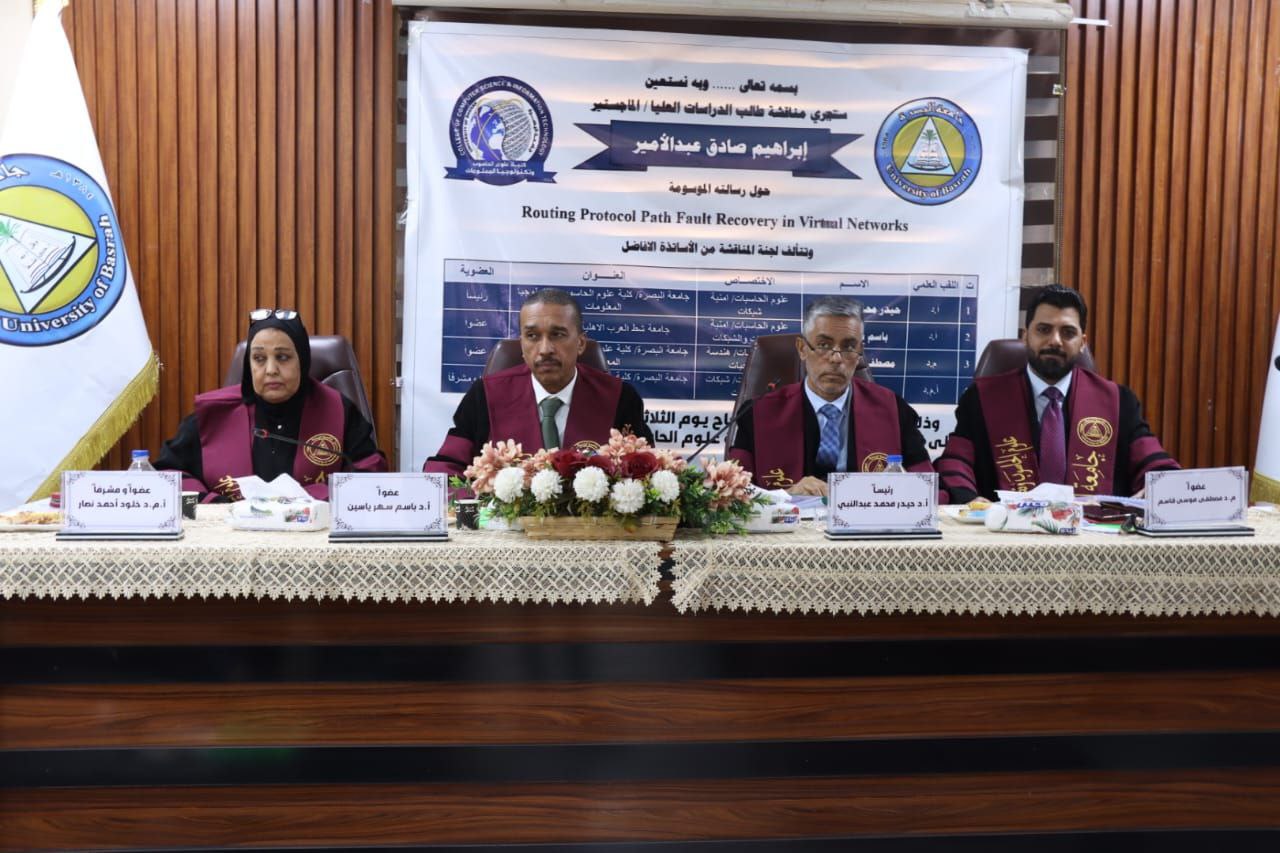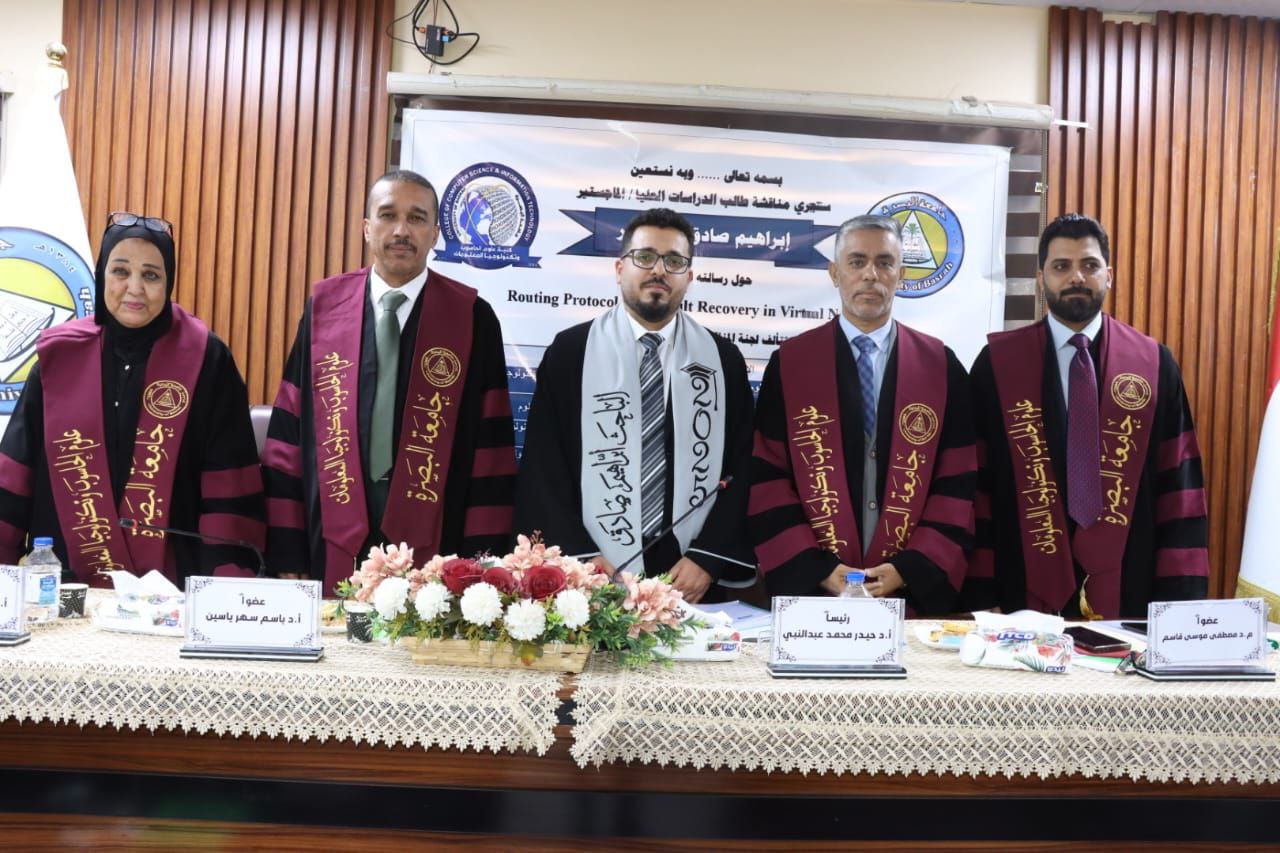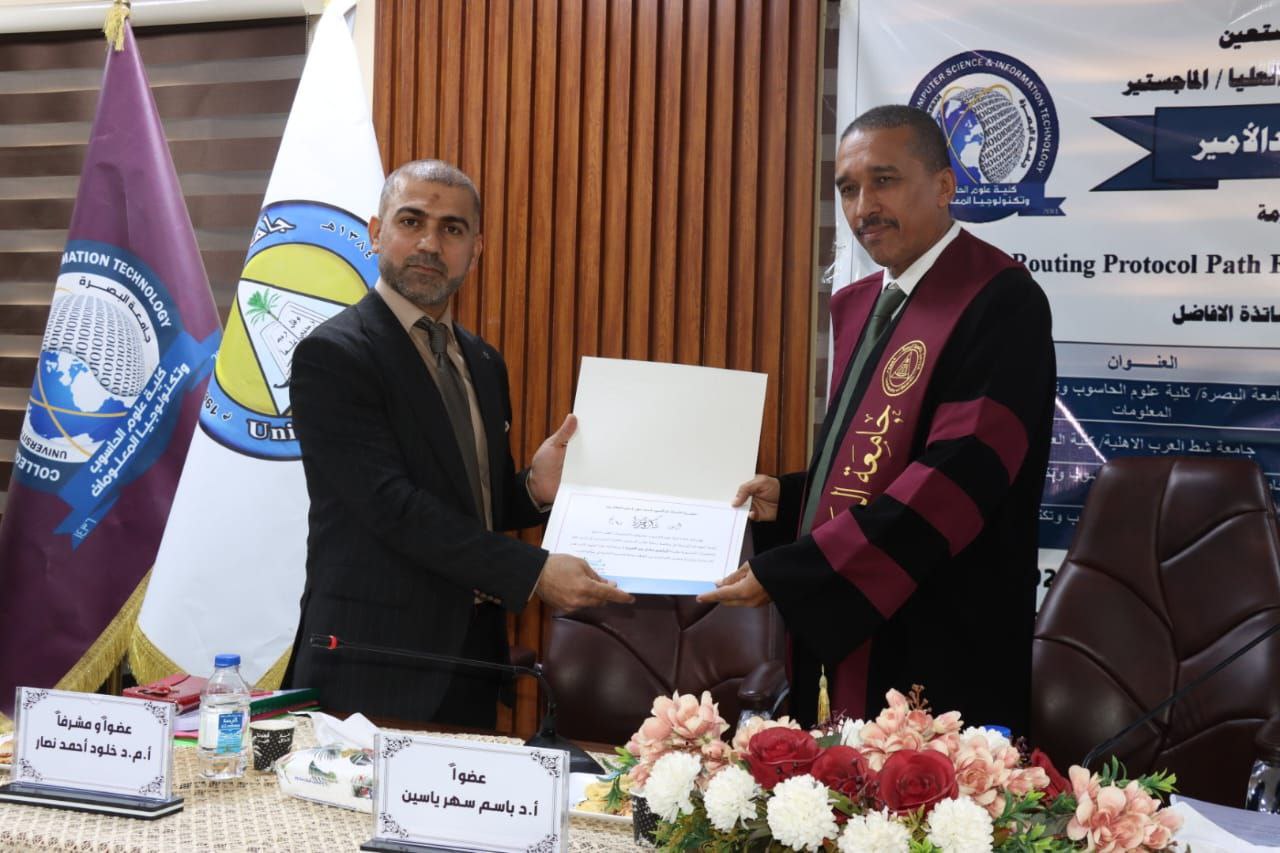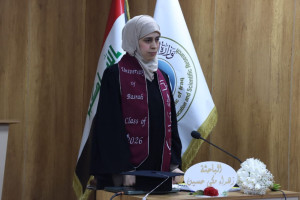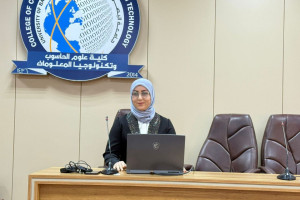
A master's thesis at the College of Computer Science and Information Technology at University of Basrah explores a proposed intrusion detection system for blockchain-based Internet of Things (IoT) networks using deep learning.
The thesis, presented by student Lina Aziz Sawadi, aims to propose a multi-layered security framework for smart energy networks. At the user layer, hybrid encryption (ECDH-AES) is used to secure daily data sent from IoT devices, such as smart meters, to the service provider. An approach combining intrusion detection systems and blockchains is used to enhance the security and efficiency of the system.
The thesis included the use of a wide-angle generative adversarial network (WCGAN) to generate synthetic data to address the data imbalance problem in intrusion detection datasets. Convolutional neural network (CNN) and long-short-term memory (LSTM) neural network models are trained on this balanced data, significantly improving the accuracy of intrusion detection. In addition to integrating blockchain to record energy consumption data and bills in a tamper-resistant ledger.
